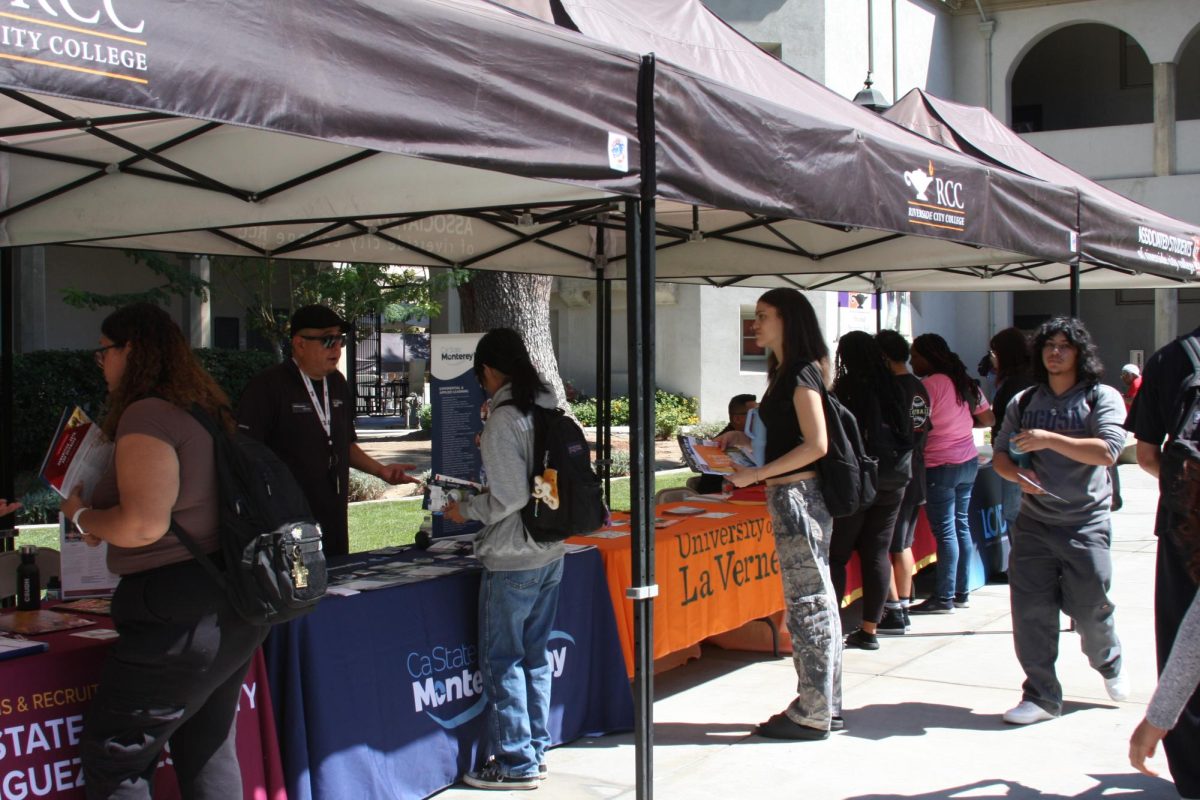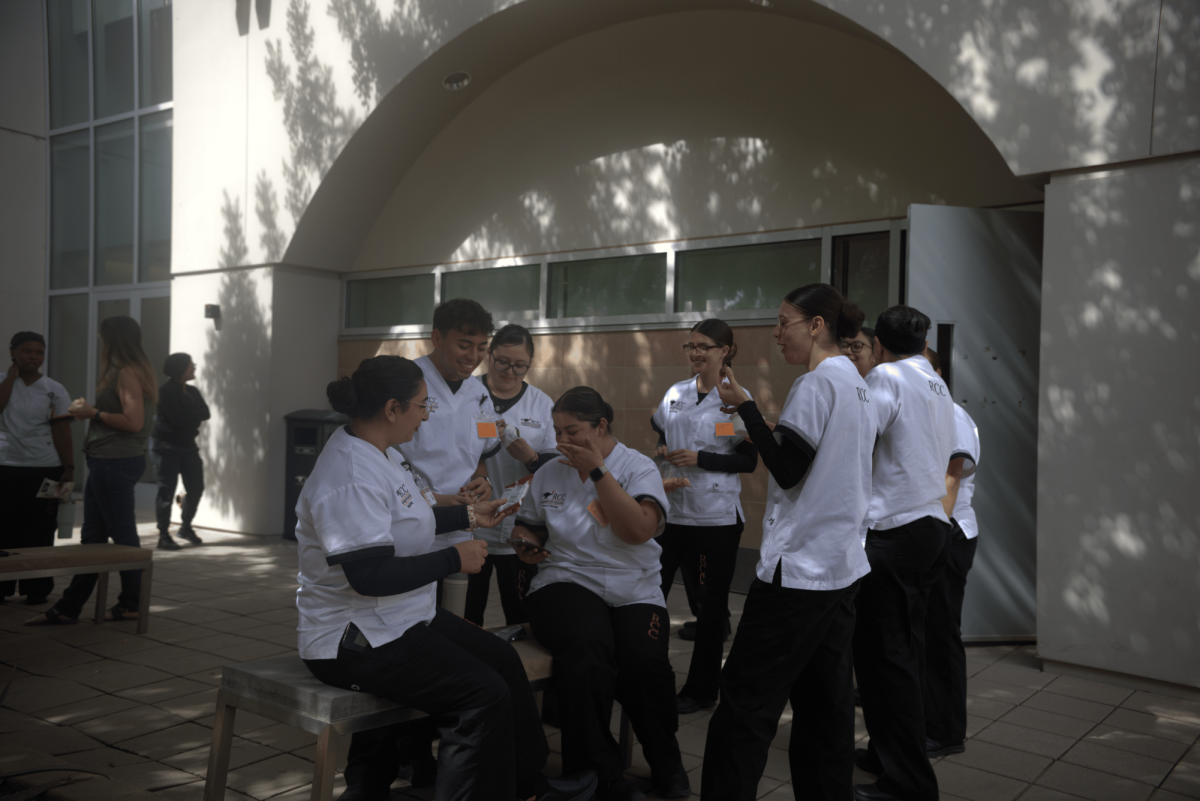By Takahiro Kurosaki / Staff Writer
By Takahiro Kurosaki / Staff Writer
An evaluation team from the Accrediting Commission for Community and Junior Colleges, the division of the Western Association of Junior Colleges, visited Riverside City College on Nov. 22.
The commission, which is authorized by the U.S. Department of Education, has periodically sent a team to the college in order to ascertain its continuous adherence to accreditation criteria.
However, the visitation this time was different in the sense that it was the first visitation since RCC received a warning by the Commission, and thus RCC needed to show its particular effort to remove the warning.
The college has been on sanction from the commission after failing to show compliance with its accreditation standards involving the strategic planning process.
The evaluation team sent last October specified some deficiencies in the college’s strategic planning process and reported the result to the commission last year, which resulted in the warning and is ruled as the first-level sanction by the commission.
“The visiting team last year saw that although we had all the elements of the strategic plan, those elements weren’t integrated into a whole that could be easily understood,” said acting president Tom Harris.
“So they asked us to go back and look at how we could better have the various elements involved in the strategic planning a cohesive unit working together to come up with an end product, which would be our strategic plan,” Harris said.
According to a report, the visiting team last year recommended that the college develop its reviewing process of institutional goals, complete and assess the planning process and communicate the results to enhance institutional effectiveness and clarify areas for improvement.
Also, the team recommended that the college reform its mission statement in a way that includes educational goals and a description of the student population, for which the college is designing programs.
Under U.S. Department of Education regulations, educational institutions failing to meet provided standards by the accreditation team are expected to correct deficiencies within two years.
Preceding the visitation whose primary purpose was to assure that those recommendations were resolved completely, RCC had done so.
The college then implemented those recommendations to modify the strategic planning process and also submitted a follow-up report to the commission in an effort to have the warning removed.
The effort drew a positive response of the evaluation team.
“We won’t know until January what the commission decides to do. But I can tell you that the visiting team was very impressed with the work that we have done,” Harris said.
Furthermore, the warning has aroused realization of the necessity for improvements in some areas.
“I believe what the warning did is sort of got our attention. The impact was ‘a realization that we need to pay more attention to some areas,'” Harris said.
“I think that the big impact on this institution is not to take ourselves for granted. This is very serious business, and we need to work to keep up and serve our students to the best of our ability. We believe we do that. We actually know we do that, but we could have been a little bit better,” Harris said.






